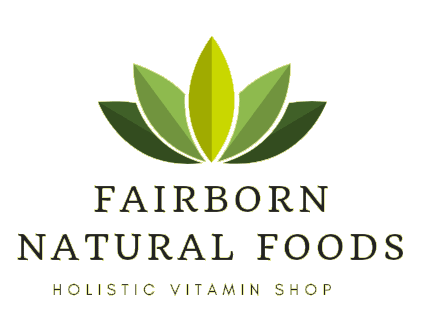Sports nutrition can be confusing, even for seasoned athletes. There are many products on the market that promise big results... but do they deliver?
Let’s take a look at the role of protein in sports performance, and how to make healthy choices when shopping for protein bars.
Athletes Need Protein
Common sense tells us that athletes of all types—runners, swimmers, weight lifters—need protein to stay in top shape. What might be less intuitive is the role that protein plays in performance. Protein is necessary for building muscle mass, but just eating lots of protein won’t give you well-defined abs. Muscle growth requires both diet and exercise.
A balanced diet is key when it comes to maintaining lean body mass. It’s best to get an adequate amount of carbohydrates and fats so that your body can use the protein you consume to build and maintain muscles. Otherwise, protein ends up being used for energy production.
Athletes need more protein than less-active people, but their intake should increase moderately. Sedentary adults need about 0.8 – 1.0 grams of protein per kilogram of body weight; adults who exercise regularly need 1.1 – 1.5 grams per kilogram of weight; high-intensity athletes need 1.2 – 1.7 grams per kilogram of weight.
Spread Out Your Protein Intake
It’s best to meet your protein goals throughout the day, rather than all in one meal. Front-loading protein at breakfast helps to stave off cravings and keep weight in check. Experts recommend aiming for 15 to 25 grams of protein at each meal and in the hour or so after working out (known as the recovery phase).
When considering how protein bars might fit into your sports nutrition plan, consider the whole picture. A nutrient-dense diet rich in fruit, vegetables, healthy fats, lean protein, and whole grains is the best foundation for peak performance.
Your body needs carbohydrates and a low to moderate amount of fat and protein before working out to give you energy. You could eat a meal several hours before a workout or eat a snack an hour or so beforehand. You will also want to eat a snack or meal containing protein and carbs after a workout to replace glycogen expended during exercise. Protein has a bigger role to play during recovery, as it provides amino acids that help repair and rebuild muscles.
Tips for Selecting Quality Protein Bars
It can be hard to know which protein bars to select. Here are some tips:
- Look for bars made with whole ingredients like fruit and nuts.
- Be mindful of calories, especially if you’re watching your weight. Aim for fewer than 250 calories per bar.
- Protein bars should have protein! Look for bars with at least 5 grams. Aim higher if you’re using them to replace a meal.
- Watch out for sneaky added sugars (anything ending in –“ose”), even if they’re natural (agave, honey, raw sugar). Look for a bar that gets less than 35 percent of its calories from sugar. You can calculate the percentage by multiplying the grams of sugar by 4 and then dividing that number by the total calories.
- Be wary of sugar alcohols, which are sometimes used to sweeten and mask undesirable flavors without increasing carbs. Some people find that sugar alcohols cause gastrointestinal discomfort including bloating and gas.
- Fiber is important for managing weight. It also helps the energy in the bar last longer because it slows digestion. Bars with 3 to 5 grams of fiber are the way to go.
- Choose a bar with less than 5 grams of fat, if possible.

